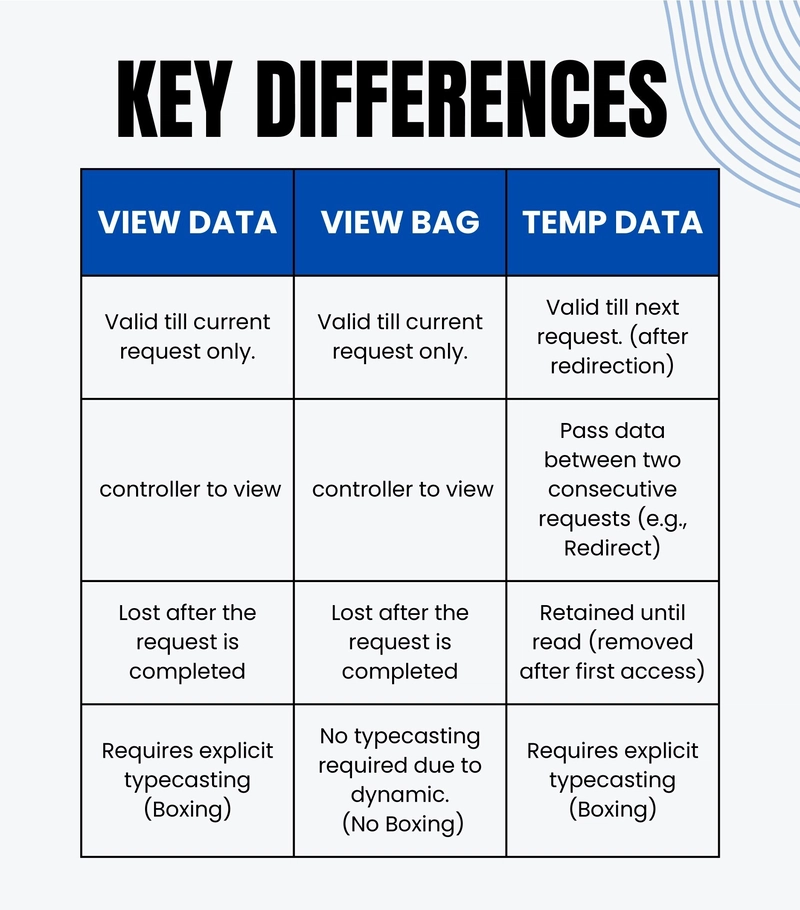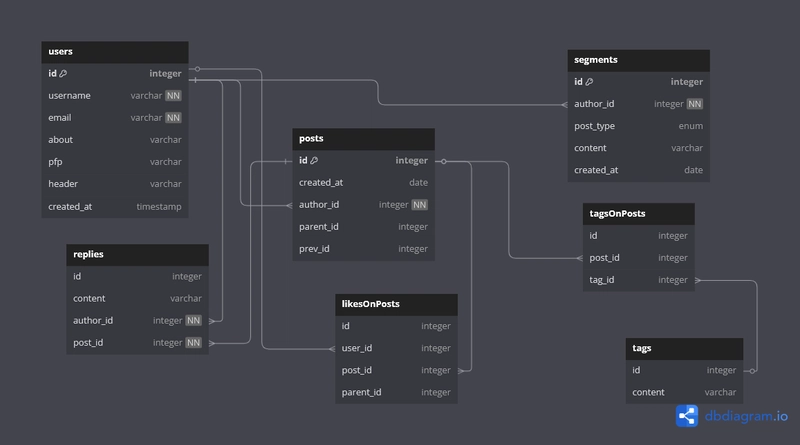10 Markdown Tips for Creating Beautiful Product Documentation in 2025
In product development, excellent documentation not only clearly conveys information but also enhances team collaboration efficiency and product image. Markdown, with its concise and efficient characteristics, has become the preferred format for technical documentation. This article shares 10 practical tips to help you create professional and beautiful product documentation using Markdown. 1. Leverage Heading Hierarchy to Build Clear Document Structure Markdown supports six levels of headings, using the # symbol to represent different heading levels. A well-structured heading hierarchy makes document organization immediately apparent: # Level 1 Heading: Product Overview ## Level 2 Heading: Core Features ### Level 3 Heading: Feature Details Through proper heading hierarchy, readers can quickly locate needed information, making your document well-structured and organized. 2. Use Emphasis Syntax to Highlight Important Information Markdown's emphasis syntax can effectively improve document readability when applied to key information: Use **text** or __text__ to bold important information Use *text* or _text_ to italicize supplementary notes Use ~~text~~ to indicate deprecated features Appropriate use of these emphasis symbols can make key content visually stand out. 3. Insert Beautiful Tables to Display Data Markdown's table functionality allows for neat presentation of data comparisons or feature lists: | Feature | Basic | Professional | Enterprise | | --- | :---: | :---: | :---: | | Multi-user Collaboration | ✅ | ✅ | ✅ | | API Testing | ❌ | ✅ | ✅ | | Advanced Analytics | ❌ | ❌ | ✅ | This table format is both clear and standardized, suitable for displaying various comparison information and parameter lists. 4. Use Code Blocks to Present Technical Content For code or commands related to your product, Markdown code blocks provide syntax highlighting, improving readability: function getProductInfo(id) { return api.request({ url: `/products/${id}`, method: 'GET' }); } Code blocks not only preserve code formatting but also enable syntax highlighting by specifying the language, making code examples easier to understand. 5. Add Blockquotes to Enhance Document Layering Using the > symbol creates blockquotes, ideal for highlighting notes, tips, or warning information: >

In product development, excellent documentation not only clearly conveys information but also enhances team collaboration efficiency and product image. Markdown, with its concise and efficient characteristics, has become the preferred format for technical documentation. This article shares 10 practical tips to help you create professional and beautiful product documentation using Markdown.
1. Leverage Heading Hierarchy to Build Clear Document Structure
Markdown supports six levels of headings, using the # symbol to represent different heading levels. A well-structured heading hierarchy makes document organization immediately apparent:
# Level 1 Heading: Product Overview
## Level 2 Heading: Core Features
### Level 3 Heading: Feature Details
Through proper heading hierarchy, readers can quickly locate needed information, making your document well-structured and organized.
2. Use Emphasis Syntax to Highlight Important Information
Markdown's emphasis syntax can effectively improve document readability when applied to key information:
Use
**text**or__text__to bold important informationUse
*text*or_text_to italicize supplementary notesUse
~~text~~to indicate deprecated features
Appropriate use of these emphasis symbols can make key content visually stand out.
3. Insert Beautiful Tables to Display Data
Markdown's table functionality allows for neat presentation of data comparisons or feature lists:
| Feature | Basic | Professional | Enterprise |
| --- | :---: | :---: | :---: |
| Multi-user Collaboration | ✅ | ✅ | ✅ |
| API Testing | ❌ | ✅ | ✅ |
| Advanced Analytics | ❌ | ❌ | ✅ |
This table format is both clear and standardized, suitable for displaying various comparison information and parameter lists.
4. Use Code Blocks to Present Technical Content
For code or commands related to your product, Markdown code blocks provide syntax highlighting, improving readability:
function getProductInfo(id) {
return api.request({
url: `/products/${id}`,
method: 'GET'
});
}
Code blocks not only preserve code formatting but also enable syntax highlighting by specifying the language, making code examples easier to understand.
5. Add Blockquotes to Enhance Document Layering
Using the > symbol creates blockquotes, ideal for highlighting notes, tips, or warning information:
> 








































































































































































![[The AI Show Episode 142]: ChatGPT’s New Image Generator, Studio Ghibli Craze and Backlash, Gemini 2.5, OpenAI Academy, 4o Updates, Vibe Marketing & xAI Acquires X](https://www.marketingaiinstitute.com/hubfs/ep%20142%20cover.png)


























































































































![[FREE EBOOKS] The Kubernetes Bible, The Ultimate Linux Shell Scripting Guide & Four More Best Selling Titles](https://www.javacodegeeks.com/wp-content/uploads/2012/12/jcg-logo.jpg)



![From drop-out to software architect with Jason Lengstorf [Podcast #167]](https://cdn.hashnode.com/res/hashnode/image/upload/v1743796461357/f3d19cd7-e6f5-4d7c-8bfc-eb974bc8da68.png?#)







































































































.png?#)




.jpg?#)




















 (1).webp?#)











_Christophe_Coat_Alamy.jpg?#)








































































































![Rapidus in Talks With Apple as It Accelerates Toward 2nm Chip Production [Report]](https://www.iclarified.com/images/news/96937/96937/96937-640.jpg)








































































































































